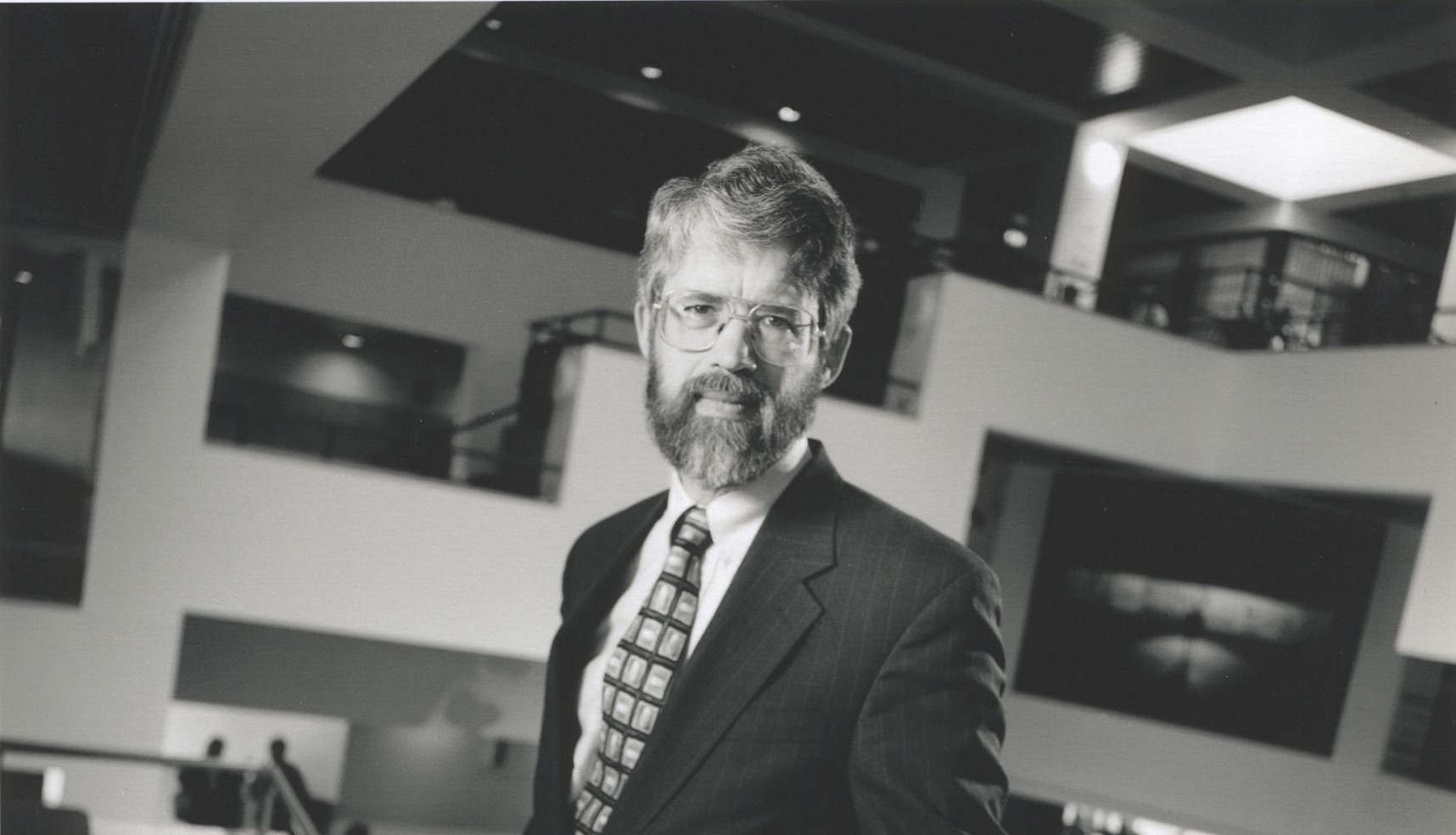

Photo: Jim Harrison
John Holdren
Public Policy
7th Heinz Awards - 2001
Dr. John Holdren received the 7th Heinz Award for Public Policy for his prodigious contributions to such complex issues as arms control, sustainable development and global energy resources. Dr. Holdren is that rare scholar who is also a born negotiator, one who is able to inspire colleagues and students to new heights of effort and understanding while possessing the ability to cut to the heart of a problem and offer new perspectives on which consensus can be based. Dr. Holdren’s contributions to public policy are noteworthy, not simply because of their quality and scope, but also because they span a number of disciplines.
He is credited with playing a significant role in mobilizing the international community of policymakers and scientists to take action in the arms control area, where he has been a powerfully effective advocate of U.S. attention to the security of nuclear weapons and nuclear materials in Russia. He has been extremely active in the international policy dialogue regarding global environmental degradation and resource conservation.
Dr. Holdren has served in a wide variety of advisory roles for policymakers in state, federal and international agencies since the early 1970s, and he became a member of President Clinton’s Committee of Advisors on Science and Technology (PCAST) when it was formed in 1994. Dr. Holdren chaired the first study requested from PCAST, which led to a revision of U.S. policy on cooperation with Russia on nuclear materials protection. Also in the mid-1990s, he co-chaired the National Academy of Sciences’ reshaping of U.S. policy on the management of this country’s weapons-grade plutonium. And from 1995 into 1999, he chaired a series of PCAST studies on revising U.S. energy research strategy to more effectively address the challenges of the 21st century, including especially the challenge of global warming.
Dr. Holdren has been a member since 1973 of the Pugwash Conferences on Science and World Affairs, an international group of scholars and public figures who meet regularly to discuss ways to reduce the dangers from weapons of mass destruction and to build international cooperation on other common problems. He served as chair of the executive committee of the Pugwash Conferences from 1987 to 1997, and was chosen by his colleagues to give the acceptance speech when the organization shared the Nobel Peace Prize in 1995.
Dr. Holdren has been an extraordinarily effective and articulate leader in shaping public policy, not only through his various advisory roles to government but also indirectly, as an educator engaged in training the next generation of leaders in science and technology policy. He is currently at Harvard University, in both the Department of Earth and Planetary Sciences and the John F. Kennedy School of Government, which named him as its first Teresa and John Heinz Professor of Environmental Policy. Additionally, he serves as Visiting Distinguished Scientist at Woods Hole Research Center.
Dr. John Holdren has had a profound influence in international efforts to reduce the dangers of nuclear conflict, achieve solid cooperation in energy-technology innovation and shape new understanding and policies relating to a workable strategy to ensure sustainable development of the earth’s resources. He has had an enormous impact on bringing the tools of science and technology to bear on the challenges of formulating public policy to cope with the economic, environmental and security challenges posed by the scientific and technological advances of the 20th century.
Note: This profile was written at the time of the awards’ presentation.
Videos

